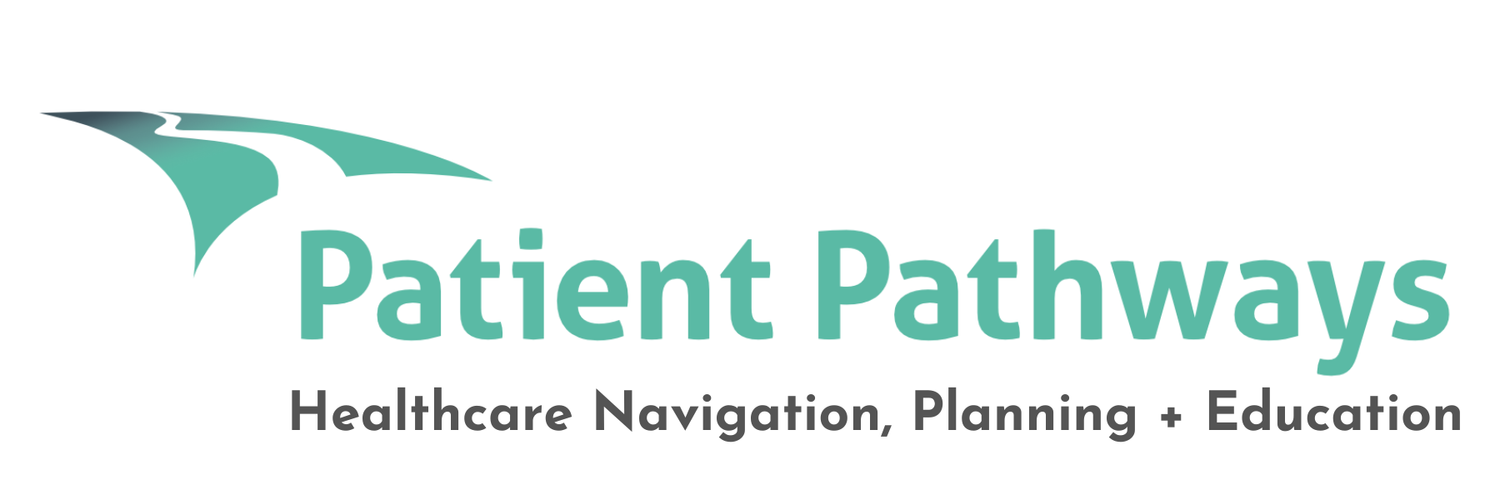Navigating the BC Healthcare System
To get the care you need, you must be informed and prepared to do the heavy lifting in your own care or for those you love.
Below are articles on accessing better care in clinics, emergency rooms, hospitals (including discharge planning!), home care, and residential care.
Care in the Community: Doctors & Specialists
It's harder than ever to see our family practitioners in a timely manner and seeing a specialist can take months. It is essential to go into appointments prepared. Being proactive and assertive can make the difference between rapid care and undue pain and suffering... and even death. This is a comprehensive guide to better communication and faster access to care.
When You Don't Have a Primary Care Provider
Primary Care Providers – which now includes Nurse Practitioners – are the hub for all medical referrals and the keepers of our health history. This is a short guide on how to find one in BC, Canada.
Care in the Emergency Department
Emergency Departments are the funnel for admissions to all areas of the healthcare system. There is no other area that is feeling the massive stress and overwork of our healthcare crisis.
If you must go the ED, pack your patience, a go-bag, and wherever possible a second set of eyes and ears and your best communication skills.
Care in Hospital and Discharge Planning
Being admitted to a hospital can seem like you’ve landed on a completely different planet. This isn’t health care; this is ‘crisis care.’ As a care partner, you need to learn a new language overnight. This is an introduction to how to navigate this overwhelming new world.
Who is Who in the Hospital Zoo?
When you or a loved one is seriously ill or injured, you will find yourself pushed into the deep end of the healthcare system. It is knowing who is who will help you to survive and thrive. Find out who the key healthcare professionals are on the hospital unit where your loved one is receiving care as quickly as possible.
Understanding Home Care: Public & Private
There is an assumption that public home care services are free and they will be adequate, allowing the adult to live at home as long as possible. It comes as a major shock to most families how much pubic-subsidized home care costs and how little is provided. Private home care is much more comprehensive but costs can be astronomical. This is comprehensive education article addresses the continuum of home care, both public-susidized and private-pay, from hospital or when need arises at home.
Understanding Long-Term Care: Public & Private
If you are aging, or have a loved one who will need long term care, it’s vital to understand your options and plan ahead. Read on to learn about assisted living and long term care options in BC, Canada.
Understanding Palliative Care & Hospice: In the Community and In-Facility
This article provides extensive palliative care and hospice resources for those living throughout British Columbia. All of hospice care is palliative care… but not all palliative care is hospice. Palliative care focuses on providing relief from the symptoms and stress of living with a serious, life-threatening or life-ending diagnosis with the goal of improving the patient's quality of life for the time that is left. It is ongoing until the end of life. Hospice is end-of-life care at home or in a hospice facility and is restricted to comfort care and symptom management. In-facility care is generally restricted to the last three months of life.
Understanding the BC Cancer Agency & Programs
When facing a cancer diagnosis, here's how to navigate the BC Cancer Agency and programs as an empowered patient.
Making a Complaint
As empowered patients and care partners we should make complaints when we have received inadequate, poor, or wrongful care in hospital or from our practitioners. This is a guide on how to make effective complaints that will receive action.
Resources for Making a Complaint in BC
This is a complete guide to making an official healthcare-related complaint in BC.
Navigating the BC Healthcare System
by Connie Jorsvik
After two years and hundreds of hours, I am pleased to introduce my latest book, which I believe is the most thorough resource on this topic available to date. If you are a patient or a care partner in our fast-paced and fragmented healthcare system, this is a step-by-step guide to surviving, and thriving.

